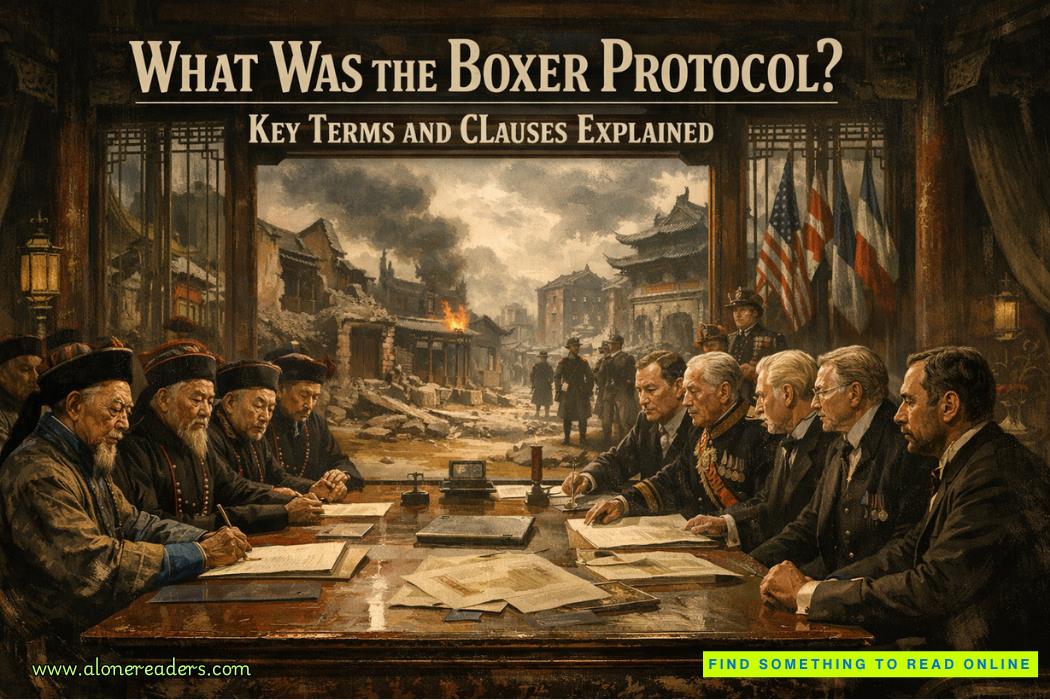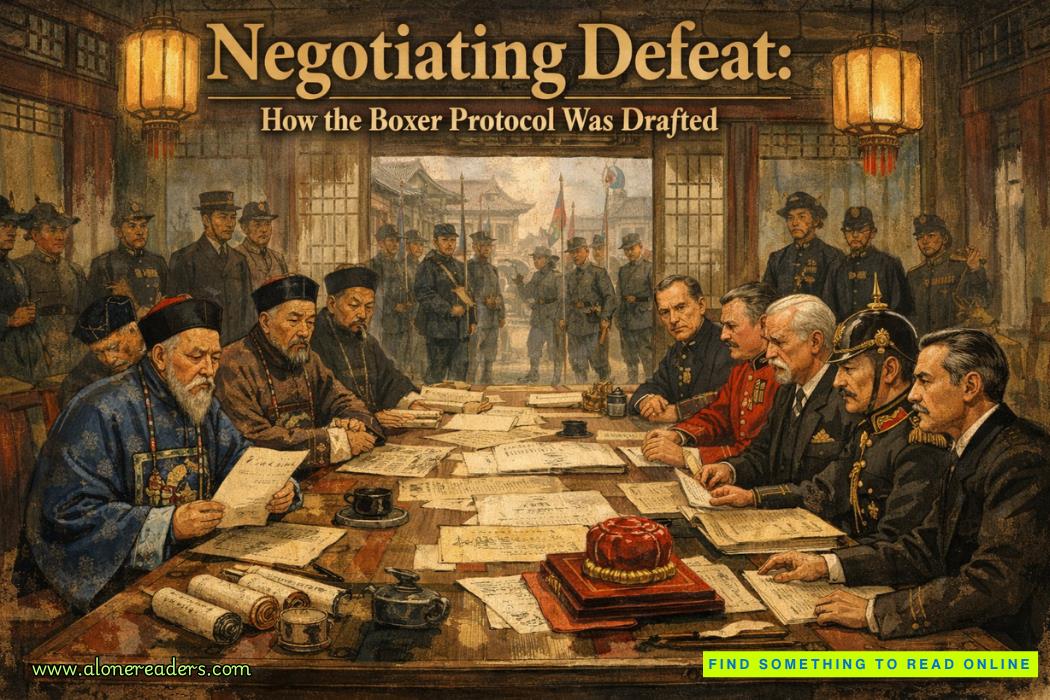Her voice was bland, factual, unmarred by any stray hints of emotion. The perfect, impassive housekeeper’s voice designed to reveal nothing of herself within it. “Near to three.”
No wonder his back ached. He’d been sleeping on a mattress that felt like a stone for nearly five hours. “This mattress is awful. It must be replaced.”
“It’s the best I’ve had in years.”
That short statement brought with it an unwelcome surge of guilt, the unwanted reminder that while he had spent the last seven years stewing in his misery, he had always lived in perfect comfort, surrounded by luxury, andshehad been eking out a living on her own, working herself to the bone from dawn until dusk. If this bed was the best she’d had in years, he hated to consider what the others had been like, what else she had done without.
She set the candle in its holder and turned her back to him. Pins clinked into a dish as she plucked them from her hair. He had come for a conversation, but this was not one. This was something else entirely, as if every tentative overture he made would only bounce off of her, firmly rebuffed. Perhaps, had he not driven her from his room the night she had come to him, it might have been different. But she had been vulnerable then, and he had lashed out at her with the full force of his anger and sent her fleeing. Nothing he’d done since had inspired any sort of confidence in his proclivity to be reasonable or considerate.
She would be a fool to risk that sort of injury again. Speaking with her now was uncomfortably akin to fencing, and she parried his every advance with an air of detachment.
He would have preferred her anger, her righteous indignation. Seeking a reaction, he said, “I thought I told you beeswax candles.”
She hesitated for only a fraction of a second. “Servants get tallow. Beeswax is too dear.”
“But you’re not precisely a servant, are you?” He braced his palms on the mattress beside him, refusing to surrender possession of her small bed. “You’re my wife. My marchioness.”
“I am a housekeeper.” Her voice revealed nothing, but her fingers were clenched around a handful of pins. “There is no proof otherwise. None.”
He could have told her then about the license her sister had salvaged. Though its validity might be in question, it was still more proof than she believed existed. But from taut line of her jaw revealed in only a small portion of her profile, he suspected that it would not be welcome news.
Once she might have cared whether or not he would believe her claim. Now she saw the lack of evidence as a blessing. With no corroborating documents, she was her own person still, not subject to his authority as her husband. Her rights and what few material goods she possessed were hers and hers alone.
As was their son.
She cleared her throat uncomfortably. “I would prefer that you correct that misunderstanding with the staff.”
Ah. So he had caused yet another awkward situation for her, then. “I didn’t wish to give the impression that you were anything less than respectable.” It was a meager excuse at best.
“Of course,” she said, without inflection, “such considerations naturally arise a week and better after that damage has already been done.” She uncurled her fingers with some effort and the remaining pins dropped into the dish.
He stifled a wince. “Bradshaw said that a number of the maids had resigned their positions.”
“There are always girls looking for work. It’s not a concern.” Again she brushed off his tentative forays toward conversation, shutting down any possible hope of even the most basic exchange. And she was wrong, there, anyway—it absolutelywasa concern if she was left to pick up the slack, returning to her room hours and hours after she should have retired for the evening. No one could maintain that pace for long.
Her hair fell down her back, and she scraped it over her shoulder, winding it in a loose plait and binding it with a fraying bit of ribbon as if she needed something to do with her hands. She collected the nightgown and wrapper that were draped neatly over the footboard, but he knew she wouldn’t don them until after he had gone. Because, to her mind, he wasnother husband—he was only her employer, unwanted and unwelcome within the sanctuary of her room.
The thought sent a frisson of panic skittering down his spine. It occurred to him, rather too late, that she wasreal, she washere, she was the woman he had thought was forever lost to him—and he could lose her still. She didn’t even have to leave his house to leave him. She could simply continue to do as shewasdoing and scrape together all of the bits of herself that made her who she was, tuck them away in her mind, and become a placid automaton who gave only stilted responses to his inquiries. A perfect, passive housekeeper. With no more life or fire than a hallway rug or piece of furniture.
Her fingers clenched around the bundle of fabric she held. “It’s grown late,” she said, still with that unflappable, collected demeanor, as if the ground splitting open beneath her feet couldn’t have shaken her composure. “I would like to go to bed.”
“Of course.” He had nothing else to give her. He, who had every material thing within his reach, had nothing to offer her, nothing she wanted. Painfully aware of his inadequacy, he shoved himself upright at last. “I didn’t come for stories tonight. I came because Matthew wanted to see you. He misses you.”
Though her face didn’t change, she swallowed hard. “I see him every night,” she said. “When he’s asleep.”
When he couldn’t lash out at her, she meant. When she would not have to endure his rejection. The thought of her creeping into the nursery in the depths of the night, when Matthew would never know it, wrenched at something in the vicinity of his heart.
“It’s Saturday,” he said, ignoring the scratchiness of his voice. “Your half day. Why don’t you take Matthew out in the afternoon? I’ll tell the coachman to have the carriage readied for you.” It would be the first time Matthew would be solely in her care since he’d discovered the truth. It had only been that he had wanted to spend every available moment with his son—but it had had the effect of a punishment, as good as saying that he did not trust Claire with their child.
She gave a brief nod, expression inscrutable.
And he could do nothing but leave her in peace. He hesitated at the door, and murmured at last, “Good night, Claire.”
But before the door closed behind him, he heard her muted response: “Mrs. Hotchkiss.”
Chapter Thirty-Two
Claire wiped her hands on her apron and wondered if she ought even take her half day, given the current state of the household. What staff remained, sparse though they were, treated her with a sort of obsequious deference that bordered on the farcical and frayed her nerves. Mr. Bradshaw could not look her in the eyes, and Sukey had ruined three potatoes already, her anxious fingers peeling them until only unusable bits remained.















